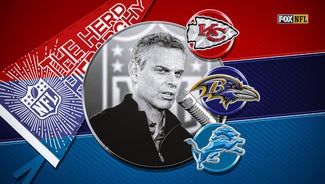





































































































































HGH testing to be hot topic at meetings
The evaluation of college prospects is just one of the major happenings next week at the NFL Scouting Combine in Indianapolis.
The NFL and NFL Players Association will conduct meetings that should help lay the groundwork for rules changes and tweaks to off-field aspects of league business.
This year’s sessions will be held under much less adversarial circumstances than in 2011, when the two sides were bickering over a new collective bargaining agreement that didn’t get finalized until the summer. But there should still be some spirited debate between NFLPA executives and player representatives about two significant issues: human growth hormone testing and player safety.
The NFLPA successfully resisted the NFL’s efforts to implement HGH testing for the 2011 season. NFLPA executive George Atallah said Friday that talks between the sides “are better” but there is still no agreement on the horizon.
“It’s dependent on information,” Atallah told co-host Jim Miller and me on Sirius XM NFL Radio. “We believe the proposal we gave to the league, which includes a population study for our players and fair appeals rights, are really not dependent on a date.
“The league had talked about last August wanting to get the program launched. We would have loved to been able to do that, but the data was lacking. You want to have transparency. Once we have that, we’re going to get going.”
The NFLPA has expressed concerns about the test’s accuracy, especially when it comes to the biology of football players potentially generating a false positive. David Howman, who is the director general of the World Anti-Doping Agency (WADA), recently told Reuters that the NFLPA was stalling and “trying to weasel out of something.”
Atallah disagreed.
“We’re as concerned with false positives as we are with false negatives,” Atallah said. “If we really want an effective plan, we have to be able to catch people who are cheating. We can’t if people in the doping community know this test is not reliable.”
From a player safety standpoint, Atallah expects the NFL to again broach making specific types of padding mandatory on game days. Some players shun wearing thigh and hip pads because of comfort issues or the belief they are faster without them. That decision, though, is believed to increase injury risk.
There also will be continued discussion on concussion prevention, specifically rules changes and fines designed to reduce the chances of a head injury. One significant step was taken last season when the NFL moved the kickoff spot forward 5 yards to increase the number of touchbacks. The Chicago Tribune reported last week that concussions on kickoffs fell by 50 percent during the 2011 campaign.
Players are expected to receive more specifics from the league as meetings begin midweek in Indianapolis. The NFLPA also will broach some potential tweaks for the remaining nine years of its labor pact with the NFL.
“We’ve got a great agreement that we’re really proud of and stand behind, but it’s not always perfect,” Atallah said. “Forums like the combine and (meeting with the) competition committee give us an opportunity to talk to our partners to try and continue to improve our game.”
Atallah said the NFLPA would like an expanded role working with the league in its development programs that help prepare players for post-NFL careers. The two sides will be working together when all draft picks are required to attend a rookie symposium scheduled for June 24-30 near Canton, Ohio.
The NFLPA held a symposium last year after the NFL canceled its event because of the player lockout. In hopes of getting members of the 2012 draft class more attention, the draftees will be divided by conference for three days of seminars designed to help them adjust to life in the NFL.
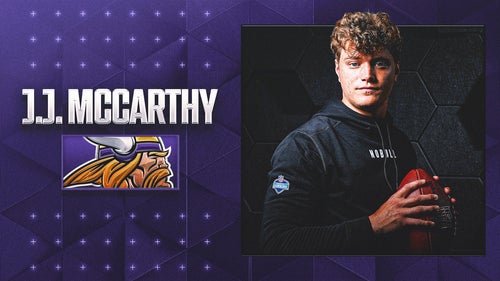
J.J. McCarthy finds his ideal home and Joel Klatt's top takeaways from NFL Draft
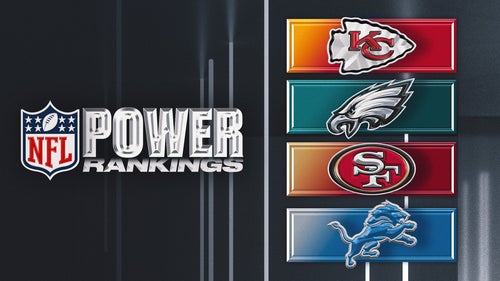
2024 NFL Power Rankings: A post-draft look at where every team stands
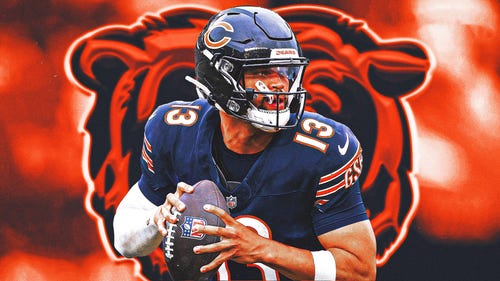
Best early NFL bets to make now: Bears, Colts to win their divisions
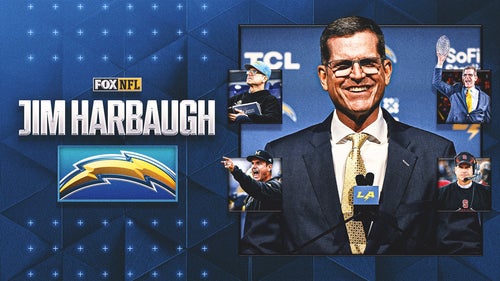
Can Jim Harbaugh turn the Chargers into winners? He’s done it everywhere else

2024 NFL Schedule Release: Date, when does the season start?
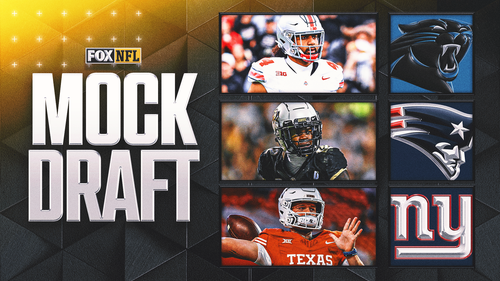
2025 NFL mock draft: Who are next year's top players — and how many QBs go high?
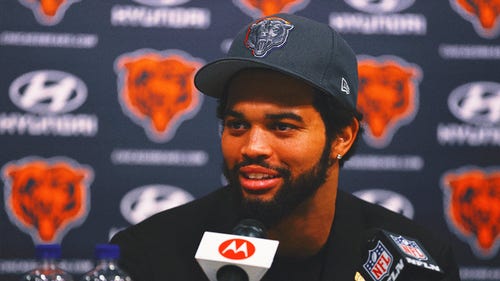
Bears' Caleb Williams has been practicing Shane Waldron's offense for weeks, per QB coach
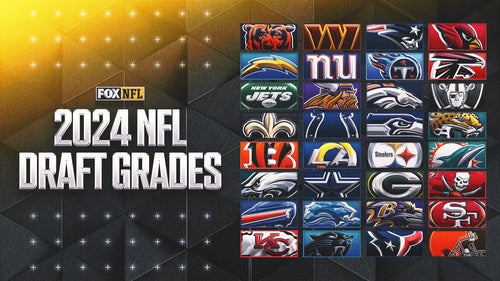
2024 NFL Draft grades: Analyzing all 32 teams' classes; Who gets top marks?
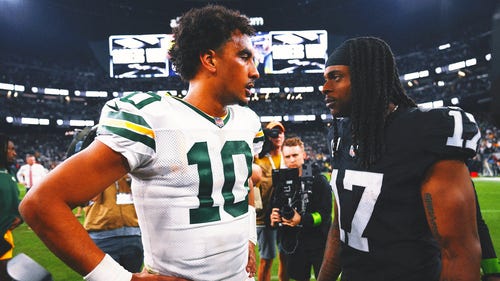
Davante Adams has no regrets over Packers trade but admits Jordan Love is a 'baller'


J.J. McCarthy finds his ideal home and Joel Klatt's top takeaways from NFL Draft

2024 NFL Power Rankings: A post-draft look at where every team stands

Best early NFL bets to make now: Bears, Colts to win their divisions

Can Jim Harbaugh turn the Chargers into winners? He’s done it everywhere else

2024 NFL Schedule Release: Date, when does the season start?

2025 NFL mock draft: Who are next year's top players — and how many QBs go high?

Bears' Caleb Williams has been practicing Shane Waldron's offense for weeks, per QB coach

2024 NFL Draft grades: Analyzing all 32 teams' classes; Who gets top marks?

Davante Adams has no regrets over Packers trade but admits Jordan Love is a 'baller'
